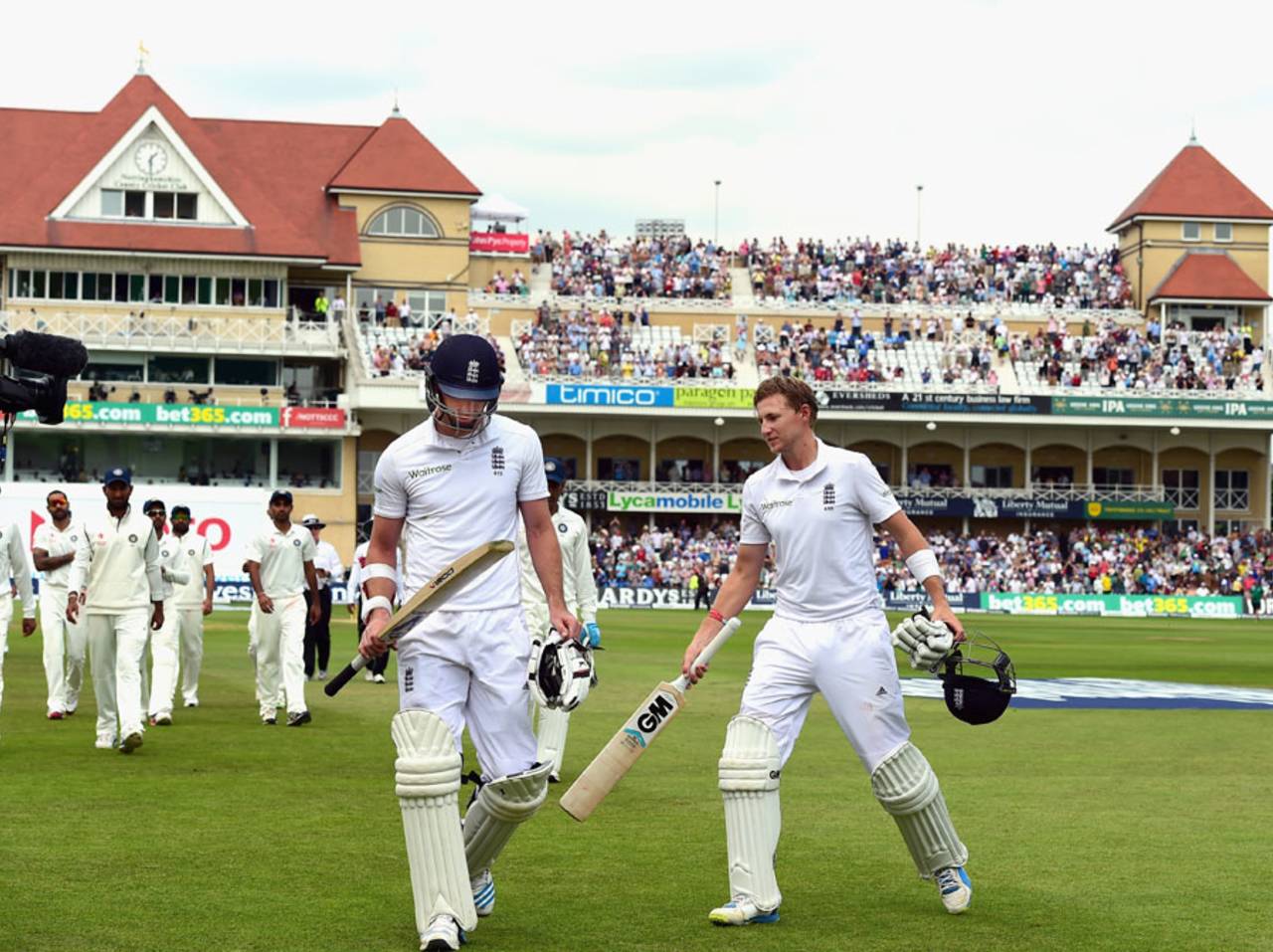Laurie Evans enjoyed his T20 Blast Finals day
at Edgbaston last Saturday, hammering an ultimately decisive 30-ball 53 in the final and holding on to a couple of skiers as Lancashire gave chase to Warwickshire's 181.
Yet there was a moment when he experienced one of the universal lows of cricket, a dropped chance on the boundary as team-mates and spectators looked on in hope and expectation. He'd grassed Karl Brown, the ball bursting through his raised hands and striking the peak of his cap before trickling away behind him, and he'd spun around in a psychic state that cricketers of all levels know and understand, having put down a catch but still having to go and field the ball.
It lasts only for a few seconds, but it is one of the worst emotions in the game, a liminal time during which you are required to complete a task that you have already failed at. All that lie ahead are moments of despair and regret that will last as long as the reprieved batsman remains at the crease.
Cricket is the most described of games, and yet no word exists to define that feeling, at least not in English, and it's a beauty of the language that it is incomplete.
One of my favourite words is "saudade", which in Portuguese means "nostalgia for a time or place that never actually existed". You'd think that we'd have a word for saudade, it being the most English of states, but we don't. There are lots more examples of course. "Schnapsidee" is the German word for "a cunning plan hatched whilst drunk". The Russian language has the tremendously sad "razbliuto" - the feeling you have for a person you once loved but don't any more. The Norwegians have even come up with "utepils", a single word to describe "sitting in the sun with a beer".
So which parts of cricket are unnamed? What moments, events and psychological states do we still need words for, alongside those brief and horrible seconds after dropping a catch when we still have to run after the ball? Here are a few:
* The conversation that you have with an incoming batsman having just run out your partner.
* The position you are in when your team has won well but you've not contributed any runs, wickets or catches.
* The way a batsman feels when he's unexpectedly asked to come on and bowl.
* Having to give a team-mate out leg before wicket when you're doing a stint of umpiring in a club match.
* The way that time drags while fielding when a draw is inevitable.
* The strange kind of euphoria that spreads through a dressing room when it's announced that bad weather has led to a partially completed game being abandoned.
* The feeling that you have played at a ground before but can't quite be sure.
* A word for a team-mate whom no one really likes.
* A batting order that is assembled not on merit but by the need to give everyone a game.
* The way you feel travelling home after the last game of the season.
There are lots more, of course, known by cricketers of all abilities but unexplained by a single word. Perhaps the MCC should appoint an official linguist to come up with phrases to define them, although on second thoughts it's quite nice that there are parts of cricket with which we're all familiar with but that are somehow beyond the reach of language. It adds to the mystery of a game that none of us ever really get to the bottom of.
Jon Hotten blogs here. @theoldbatsman
